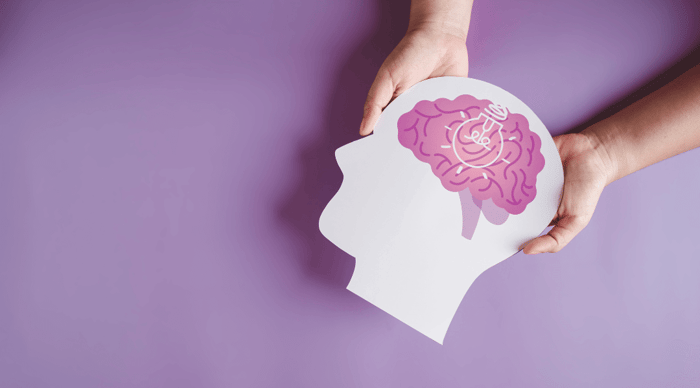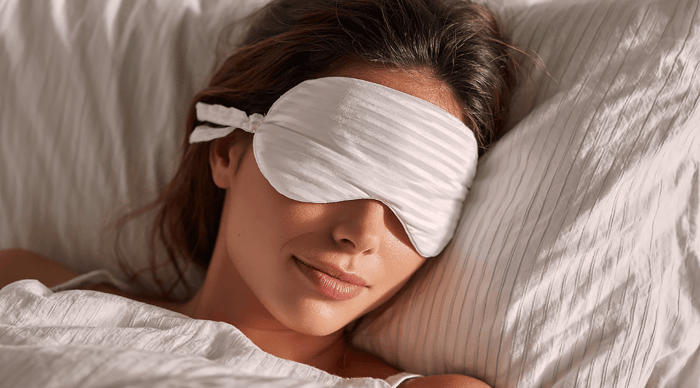If you’re navigating life with migraines or just feeling a little more foggy, forgetful, or mentally fatigued than usual, you’re not alone. As we move through our 40s and 50s, hormonal shifts, stress, and lifestyle habits can all impact brain health - and make us more prone to migraines.
The good news? You can support your brain and reduce migraine frequency by building a daily routine that nurtures your nervous system, reduces inflammation, and promotes balance from the inside out.
Here’s how to create a brain-loving, migraine-preventing daily rhythm - no drastic changes required.
Morning: Set the Tone
Hydrate First Thing
Dehydration is a known migraine trigger. Start your day with 500ml of water, ideally with a pinch of sea salt or scoop of electrolyte powder to replenish minerals.
Keep Caffeine Consistent
If you enjoy coffee or tea, try to drink it around the same time each day. Irregular caffeine intake (or skipping it) can disrupt brain chemistry and trigger migraines in some women (1).
Get Morning Light
Exposure to natural sunlight within the first hour of waking helps to regulate your circadian rhythm - essential for sleep, hormone balance, and brain clarity.
Eat a Blood Sugar–Balancing Breakfast
Skip the sugar spikes. Choose protein + healthy fats + fibre (think: eggs with avocado and spinach, or a chia pudding with nuts and berries).
Midday: Fuel, Move, Reset
Don’t Skip Meals
Low blood sugar is another common migraine trigger. Eating every 4-5 hours keeps your brain fueled. If you’re a snacker, switch to snacks like almonds, hard-boiled eggs, or hummus with veggies and slowly work towards eating whole, balanced meals over constant snacking.
Gentle Movement
Even a 10–15 minute walk helps increase blood flow to the brain, reduce stress hormones, and improve mood. Regular, moderate movement is linked to fewer migraine days (2).
Take Screen Breaks
Blue light and eye strain can spark tension headaches and migraines. Use the 20-20-20 rule: every 20 minutes, look at something 20 feet away for 20 seconds.
Evening: Wind Down to Protect Your Brain
Magnesium Matters
Magnesium plays a key role in calming the nervous system and preventing migraines, but many women are deficient. Consider a magnesium-rich dinner (like leafy greens or salmon), Epsom salt bath or magnesium supplement before bed.
Create a Sleep Ritual
Aim for 7–9 hours of quality sleep - your brain detoxes and repairs overnight. Power down screens, dim the lights, and keep your bedtime consistent.
Practice Stress Soothers
Chronic stress is a major migraine trigger. Gentle stretching, journaling, deep breathing, or even a few minutes of guided meditation can lower cortisol and support brain health.
Final Thoughts
Migraines and brain fog don’t have to rule your day. With a few intentional shifts, you can support a clearer, calmer, more balanced brain - naturally. Wellness isn’t about perfection; it’s about creating rhythms that work for you, one habit at a time.
Enjoyed this guide? Now read...
Top 20 low histamine foods to try
Everything you need to know about high histamine foods
Histamine: what is it and why is it important?
References:
-
American Migraine Foundation. (2020). Caffeine and Migraine.
-
Journal of Headache and Pain. (2015). The role of exercise in migraine prevention.
-
Sleep Foundation. (2022). Circadian Rhythms and Sleep Health.





